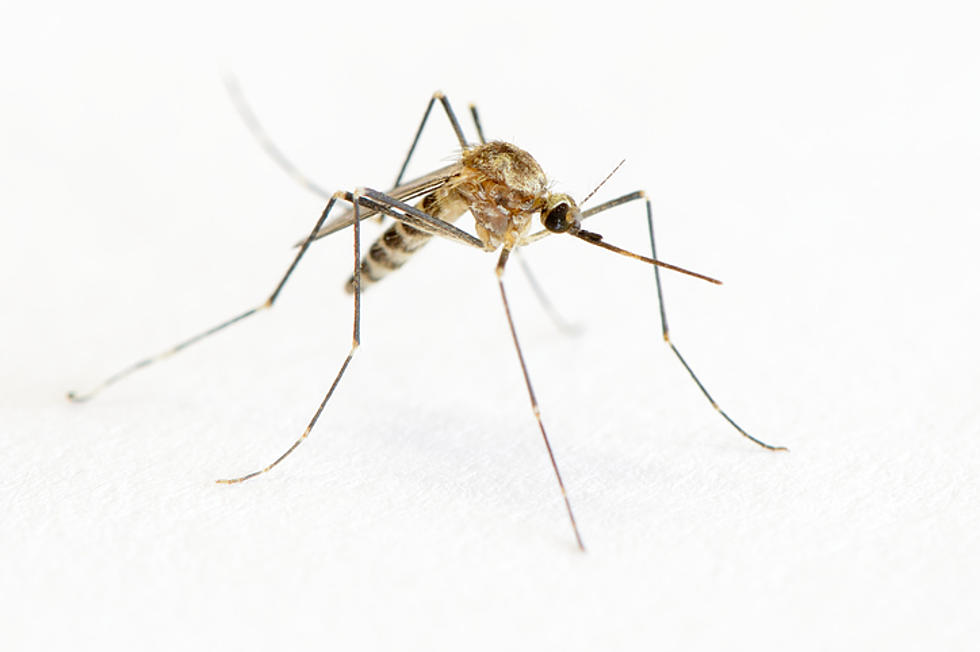
EEE Virus Detected in Lakeville Mosquito
LAKEVILLE — The Massachusetts Department of Public Health (DPH) today announced that Eastern Equine Encephalitis (EEE) virus has been detected in a mosquito in Massachusetts for the first time this year, following testing completed at the Massachusetts State Public Health Laboratory.
The mosquito samples were collected on August 17 in the town of Lakeville. This single finding does not indicate elevated risk from EEE at this time, but personal protection from mosquitoes remains a high priority. Mosquito trapping and testing will continue in the area to monitor risk.
There have been no human cases of EEE so far this year and none acquired by a Massachusetts resident in 2017.
“We have been fortunate over the last several years to see little evidence of EEE activity,” said Public Health Commissioner Dr. Monica Bharel, MD. MPH. “Despite that, we know EEE occurs in Massachusetts and this is a timely reminder of that fact.”
“The drought in 2015 through 2016 reduced the species of mosquitoes that are responsible for amplifying EEE virus in the bird population,” said State Epidemiologist Dr. Catherine Brown. “The last couple of years have been rebuilding years and our job will be to continue to closely monitor EEE activity through the mosquito surveillance done in conjunction with the Mosquito Control Districts.”
EEE is a rare but serious and potentially fatal disease that can affect people of all ages. EEE is generally spread to humans through the bite of an infected mosquito. People have an important role to play in protecting themselves and their loved ones from illnesses caused by mosquitoes.
Massachusetts Department of Public Health
More From WBSM-AM/AM 1420









